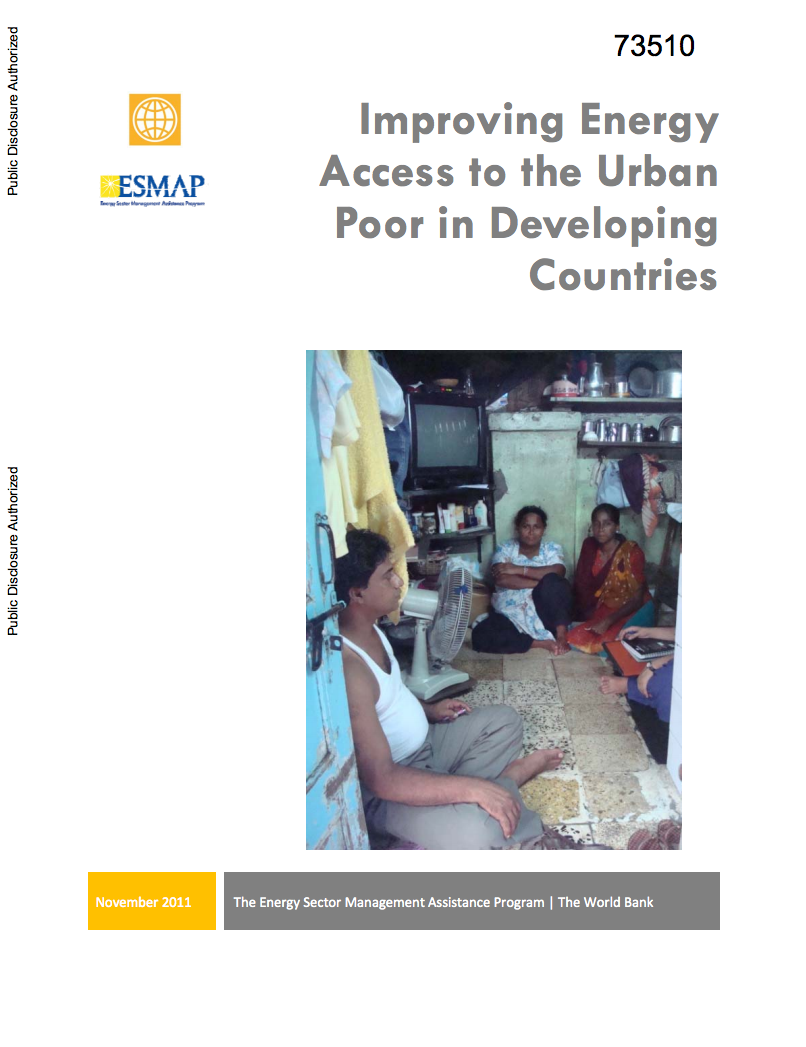Strategic Reorientation of the Housing Provident Fund System in the People's Republic of China
The objective of this report is to
respond to the request of the Ministry of Housing and
Urban-Rural Development (MOHURD), to assess the Housing
Provident Fund (HPF) system, and provide recommendations on
its positioning, strategy and future role in the overall
housing policy. The report focuses on a strategic review of
the HPF system and its strategy, mission, and operational
structure, and then analyses the market in which the


